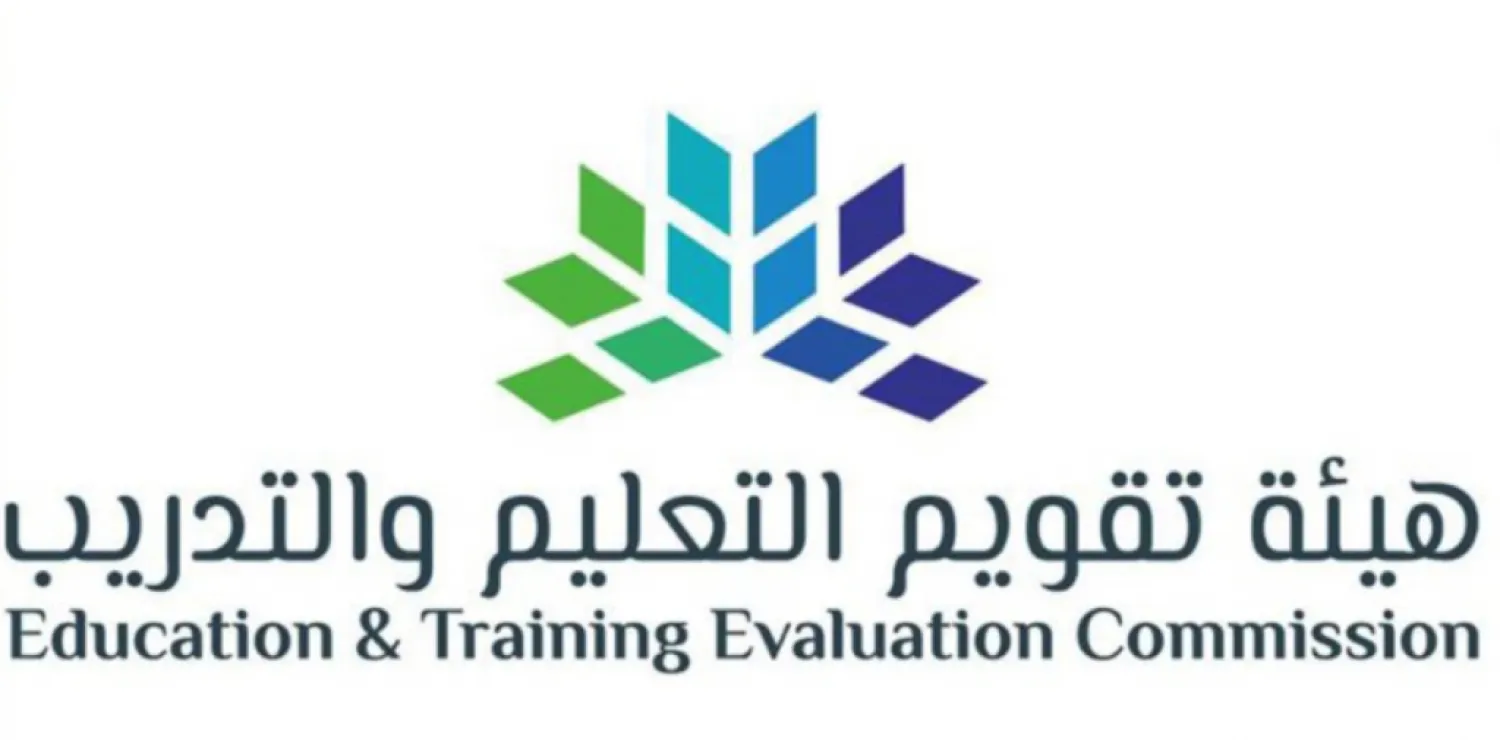The Saudi Education and Training Evaluation Commission (ETEC) and the Arab League Educational, Cultural and Scientific Organization (ALECSO) have signed an agreement to enhance Arabic language learning standards and collaborate on the IQ-scale AlifYa Scale specifically tailored for Arab societies.
The deal was signed on Monday during the ALECSO Forum for Business and Partnerships, which took place in Tunisia.
The agreement outlines cooperation between the two entities in developing guidelines for Arabic language learning standards and their subsequent implementation and evaluation within the framework of general education.
It includes designing the content and activities of training programs aimed at building capacity in the field of preparing and assessing Arabic language teaching.
Additionally, the agreement entails the application of the AlifYa Scale to a sample of 1,000 students, both male and female, across various ALECSO member states. A five-day training program will be implemented in this regard.
Saudi ETEC, ALECSO Sign Cooperation Agreement to Enhance Arabic Language Learning Standards

The Saudi Education and Training Evaluation Commission (ETEC) logo

Saudi ETEC, ALECSO Sign Cooperation Agreement to Enhance Arabic Language Learning Standards

The Saudi Education and Training Evaluation Commission (ETEC) logo
لم تشترك بعد
انشئ حساباً خاصاً بك لتحصل على أخبار مخصصة لك ولتتمتع بخاصية حفظ المقالات وتتلقى نشراتنا البريدية المتنوعة







